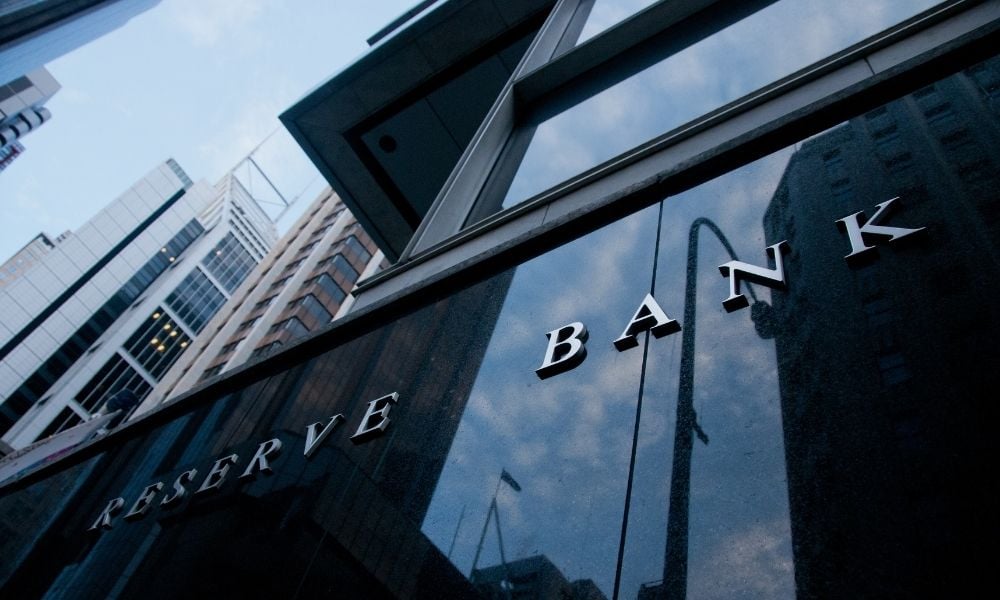The RBA board member says he also welcomes a review of the central bank's policies

The Reserve Bank of Australia won’t follow the lead of the US Federal Reserve when raising interest rates, according to Ian Harper, dean of Melbourne Business School.
Harper also welcomed a detailed review of the RBA’s operation of monetary policy, according to a report by The Wall Street Journal. Such a review would allow the banks to answer critics about its failure to reach its inflation targets in recent years, Harper said.
Harper, who does not speak on behalf of the RBA but is a member of its policymaking board, said the central bank had good reasons to wait before hiking rates.
If the RBA’s operations were to be reviewed, Harper said the review should include asking whether its 2%-3% inflation target – the bedrock of the central bank’s monetary policy for nearly three decades – is too high or too low.
“I would welcome the opportunity for an inquiry into monetary policy and the lessons we’ve learned. These things are healthy,” Harper told the Journal. “What it would allow the bank to do is put its side of the story. For the first time, it would be able to look back over the period and talk about the full picture.”
Treasurer Josh Frydenberg said in January that he was committed to a thorough independent review of the central bank after the coming election, the Journal reported. The opposition Labor Party has also indicated it would start a review if it wins the election.
RBA Governor Philip Lowe said in November that the effectiveness of the RBA’s policy choices during the COVID-19 pandemic would be reviewed internally this year.
The Organisation for Economic Cooperation and Development has also called for a review of the central bank, the Journal reported. The organisation called for scrutiny of not only the RBA’s overall mandate, but its board structure and its process of communicating with markets and the public.
Read next: Up to six rate hikes by end of 2023, exec says
“The real issue is to make sure that the institution and its policymaking has the confidence of the people,” Harper said. “An inquiry like that would open up those doors. Then the bank could explain itself.”
However, Harper said there should be limits to the review, as the RBA’s decision-making processes are generally working well.
“Where I think the problem would arise is if people decided that they want to open up the Reserve Bank Act and change a bunch of things,” he told the Journal.
Harper said the current structure of the RBA board – which includes five people from business backgrounds and four economists – works well.
“The notion that there are more experienced business, senior people – on the board than there are professional economists, is right,” he told the Journal. “The last thing we need is decisions being made by a bunch of technocrats. You may as well have a machine do it, if that’s the case.”
As far as interest rates go, Harper told the publication that Australia’s inflation outlook is far more benign than in the US, so pricing in a similar upward trajectory for interest rates is likely a misstep.
“The market is reading a whole lot more of the American situation to being relevant to our situation than what the bank is doing,” he said.



